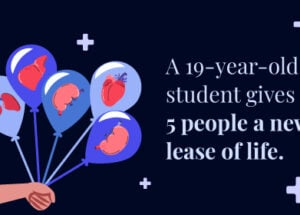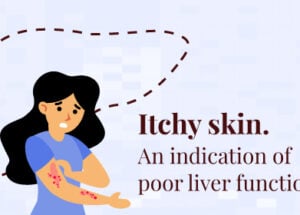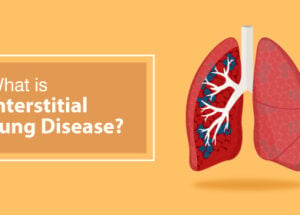Welcome to Rela Hospital’s Department of Hepatology - a division within the renowned Institute of Liver. It is by far the largest comprehensive liver program with the best liver treatment in Chennai.
Read MoreWelcome to Rela Hospital’s Department of Hepatology – a division within the renowned Institute of Liver. It is by far the largest comprehensive liver program with the best liver treatment in Chennai.
We are committed to providing state-of-the-art, compassionate care, making us one of the best hepatology hospitals in India. Our multidisciplinary team consists of highly trained, best hepatologists in Chennai, liver specialists in Chennai, India, liver surgeons, interventional radiologists, therapeutic endoscopists, pathologists—all dedicated to caring for patients suffering from liver disease.
Services include treatment for:
Being one of the top liver hospitals in India, we offer best treatment for liver diseases in Chennai, India, including:
The department of hepatology holds specialized clinics where doctors can receive convenient, coordinated care from other specialists.
We offer a variety of diagnostic and treatment services, which may vary depending on the condition or location, including:
The hepatic system is a vital component of the human body that encompasses several organs with distinct roles in maintaining overall health. Understanding these organs and their functions is essential for comprehending the complexities of hepatology, a medical field focused on the study and treatment of liver-related conditions. Here is an overview of the organs in the hepatic system and their functions.
Organs in the Hepatic System:
Liver
Pancreas
Gall Bladder
Biliary Tract:
Conditions Treated by Hepatologists
Hepatologists specialise in diagnosing and treating diseases and conditions that affect the liver, pancreas, gall bladder, and biliary tract. They manage a wide range of issues, such as hepatitis, fatty liver disease, cirrhosis, and liver cancer.
Diagnosis Methods for Liver-Related Conditions
Hepatologists employ various diagnostic methods to assess liver health. These include blood tests to measure liver enzyme levels, imaging techniques like ultrasound, CT scans, and MRIs, as well as liver biopsies to examine tissue samples for signs of disease.
Symptoms of Hepatic Conditions
Symptoms of liver-related conditions can vary widely but may include jaundice (yellowing of the skin and eyes), abdominal pain (discomfort in the upper-right side of the abdomen), dark urine (due to excess bilirubin), and unexplained fatigue (persistent tiredness and weakness)
The connection between Hepatology and Gastroenterology
Hepatology and gastroenterology are closely related medical disciplines. While hepatology primarily focuses on liver health, gastroenterology encompasses a broader range of digestive system issues. Collaboration between hepatologists and gastroenterologists is common, ensuring comprehensive care for patients with complex conditions.
The first stage of liver damage is usually inflammation. It’s often a response to factors such as alcohol, viruses, or metabolic conditions. If the underlying cause isn’t addressed, continued inflammation can lead to fibrosis, which involves the accumulation of scar tissue in the liver. This progressive scarring can impair liver function and potentially advance to cirrhosis if left untreated.
Liver problems can develop at any age, but certain factors influence their onset:
Prevention and early detection through regular medical check-ups are crucial in managing liver health regardless of age.

Autoimmune Disease: Causes, Symptoms, and Treatment

19-Year-Old Brain-Dead Student Saves Five Lives Through Organ Donation
April 20, 2025

What is a Liver Function Test? Purpose, Types, Preparation, and Post-Test Care
April 19, 2025

Interstitial Lung Disease (ILD): Symptoms, Causes, Types, and Cure Options
April 8, 2025

Gilbert’s Syndrome: Symptoms, Causes & Treatment
April 8, 2025



